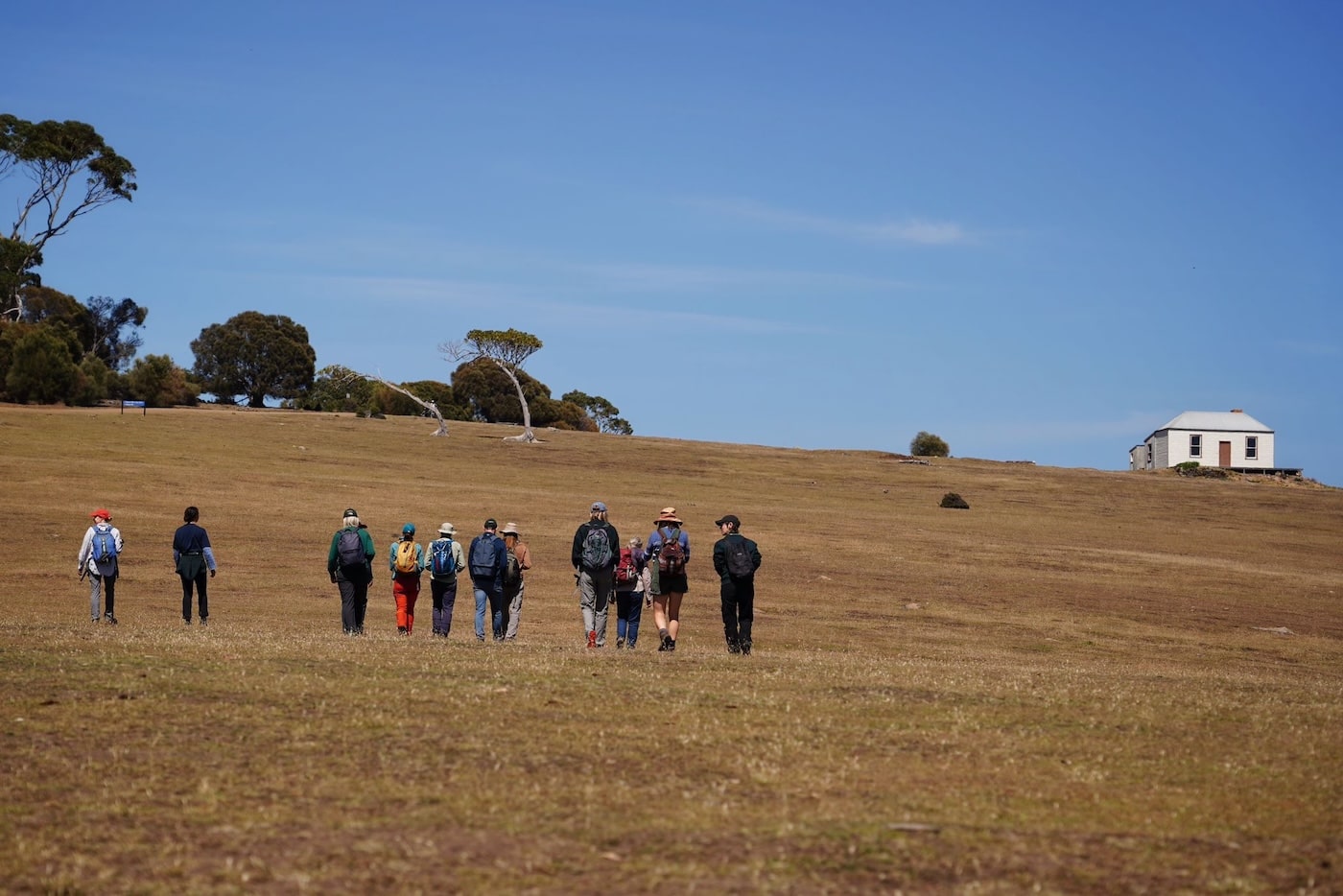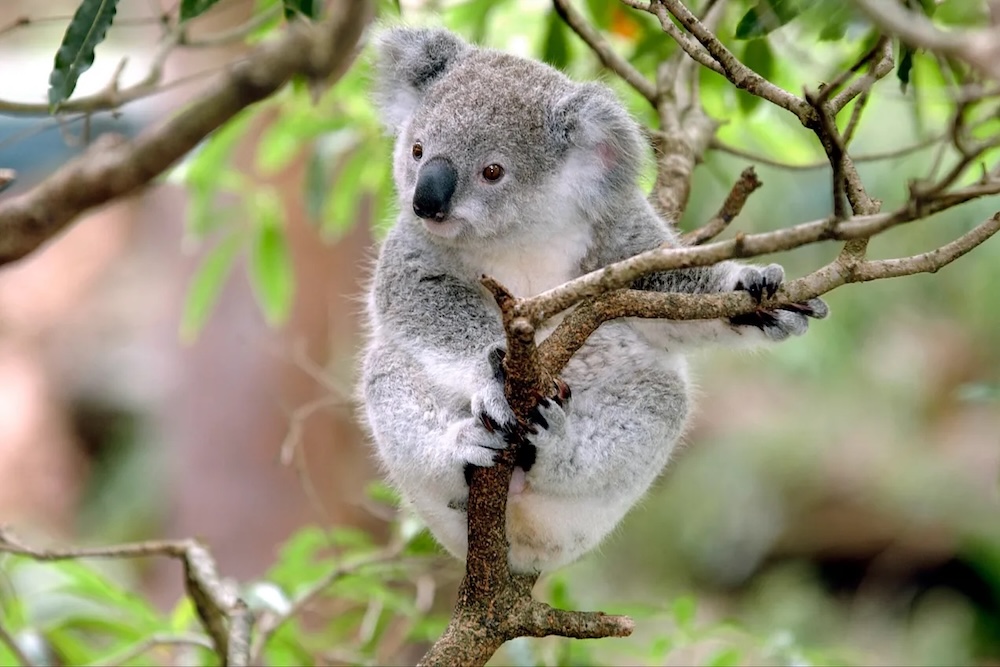Biodiversity is
better business

Take a moment to imagine a world where businesses are regenerative by nature, rather than extractive by default.
Biodiversity is valued alongside financial returns. Every species has a seat at the table. There’s abundance and prosperity for all.
Here’s how we’re making it happen.
1
world
>1m
hectares supported
>$24m
deployed
21
countries




Finance for nature-positive ventures
From health and happiness to livelihoods and resilience, humanity is inextricably linked to the natural world.
Tackling the biodiversity crisis is therefore critical — but to do so, at the speed and scale required, we need to reimagine our economic models.
We can no longer afford nature-negative. And it’s no longer sufficient to mitigate environmental damage and aim for carbon neutrality.
We need nature-positive business models that inherently protect species and regenerate ecosystems.
.svg)
We’re not a bank, but we do provide loans.
We’re not a VC, but we do invest in innovation.
We’re not a typical charity, but we do offer grants.
We’re a financier like no other.

.svg)
Projects
We've partnered with landowners, NGOs and businesses on nature-positive projects across the Asia-Pacific, Latin America and Africa.
Zorzal
Scaling the world’s first Bird-Friendly-certified cacao farm

Zorzal is dedicated to using cacao to finance the conservation of Bicknell's Thrush habitat. The majority of the 1,019-acre reserve is left ‘forever wild’, while other sections are used to grow cacao that is then processed at an off-site facility. Wedgetail’s investment supports Zorzal in scaling its operations by by purchasing cacao from farmers that are adopting practices that support biodiversity.
Conserving critical habitat for the migrating Bicknell’s Thrush
Loan
Duarte Province, Dominican Republic

Felds Farm
The chefs-turned-farmers tackling local food insecurity and biodiversity loss

Lauren and Michael are former chefs who grow high-quality seasonal produce in Lutruwita/Tasmania. By supplying local restaurants and offering produce boxes on a sliding scale, they’re committed to making fresh, locally grown food more accessible to their community. Like many small farmers in Australia, they faced the challenge of securing long-term land access, farming on leased properties while working toward stability — so we joined forces with crowdfunding lender Steward to deploy two lines of catalytic capital. In November 2024, Lauren and Michael used a land loan from Steward to purchase 100 acres. Wedgetail then provided a nature-linked loan for infrastructure to help establish the business. Of this land, a large area is native forest which will be conserved, while the remaining area will be used for farming. As they transition their operations, their initial focuses include improving soil health, planting hedgerows for pollinators and restoring native vegetation. Wedgetail is proud to support Felds Farm with our first nature-linked loan in Australia, backing their vision for a thriving, sustainable food system.
Championing nature-positive farming and food accessibility in Lutruwita/Tasmania
Loan
Lutruwita/Tasmania, Australia

Pro Eco Azuero
Reforesting strategic locations within the Azuero Ecological Corridor

Pro Eco Azuero is dedicated to restoring a 25,000-hectare Ecological Corridor in the Azuero Peninsula in southern Panama. Wedgetail’s investment supports Pro Eco Azuero to strategically reforest 20 hectares inside this key corridor, as well as to increase the awareness and adoption of conservation and sustainable farming practices, start collecting baseline biodiversity data, and increase the availability of diverse tree species by expanding community nurseries.
Reforesting 20 hectares with 20,000 native and fruit trees to boost biodiversity and water quality
Grant
Azuero Peninsula, Panama


Nature-linked loans
Wedgetail’s first financial product is a nature-linked loan. The more you conserve and restore nature, the lower your interest rate. It’s that simple.
.svg)
Want to stay informed?
In our newsletter, we dream big, ask hard questions and chart a path to abundance for all species.
Curious by nature
The space Wedgetail plays in is still evolving — and we’re frequently adventuring into the unknown. You can dive into our learnings on our blog.

Wedgetail wrap: December 2025













